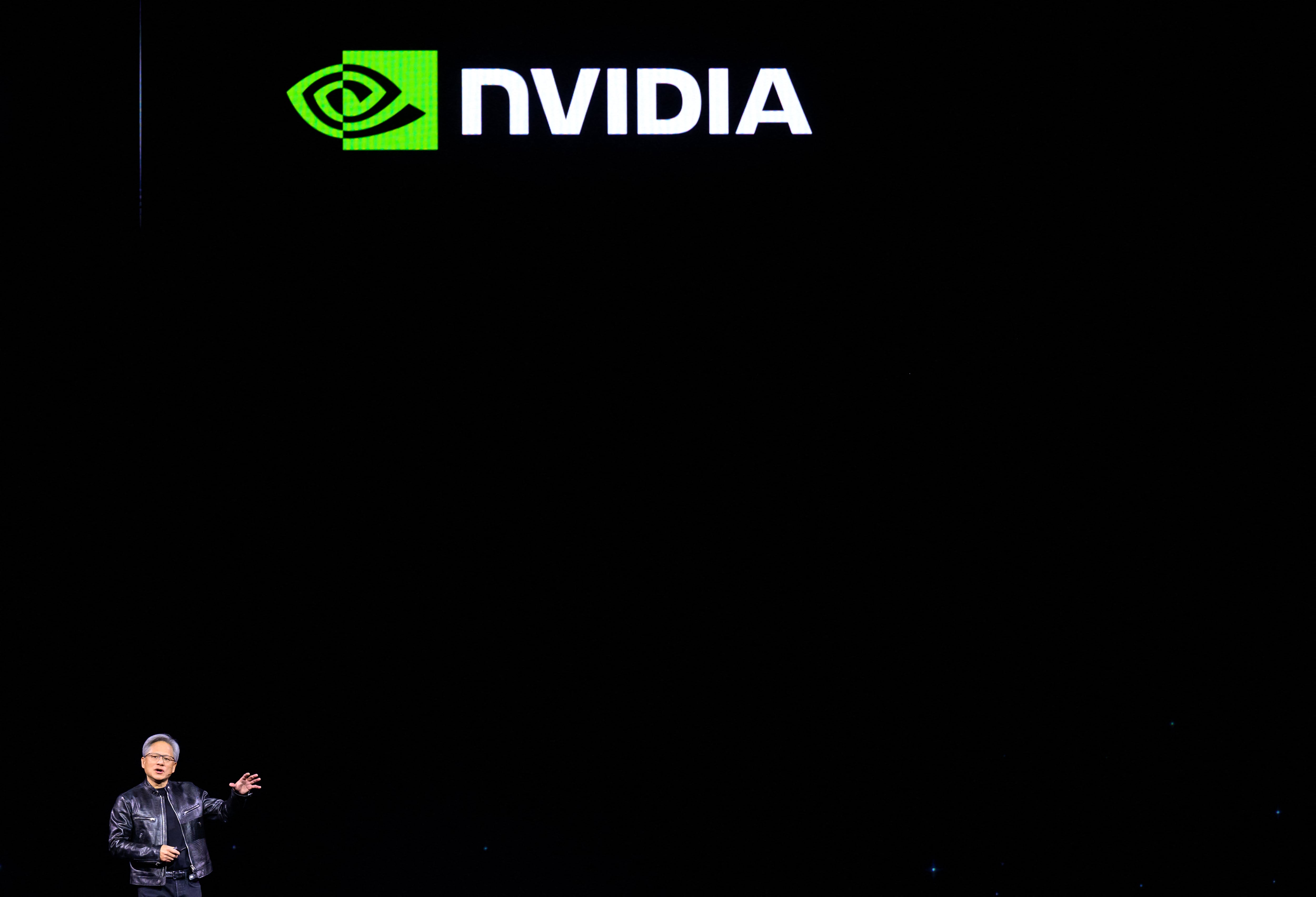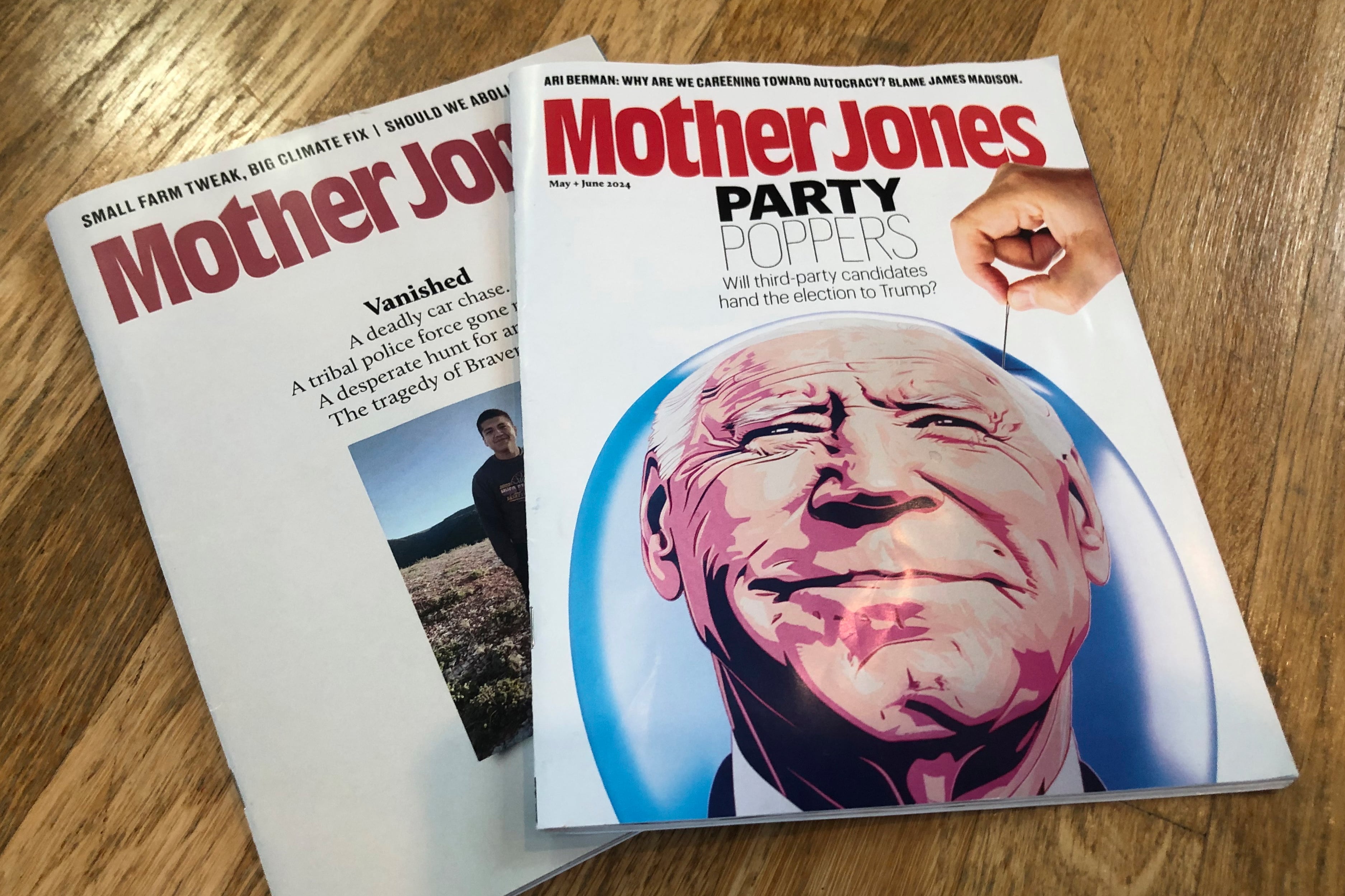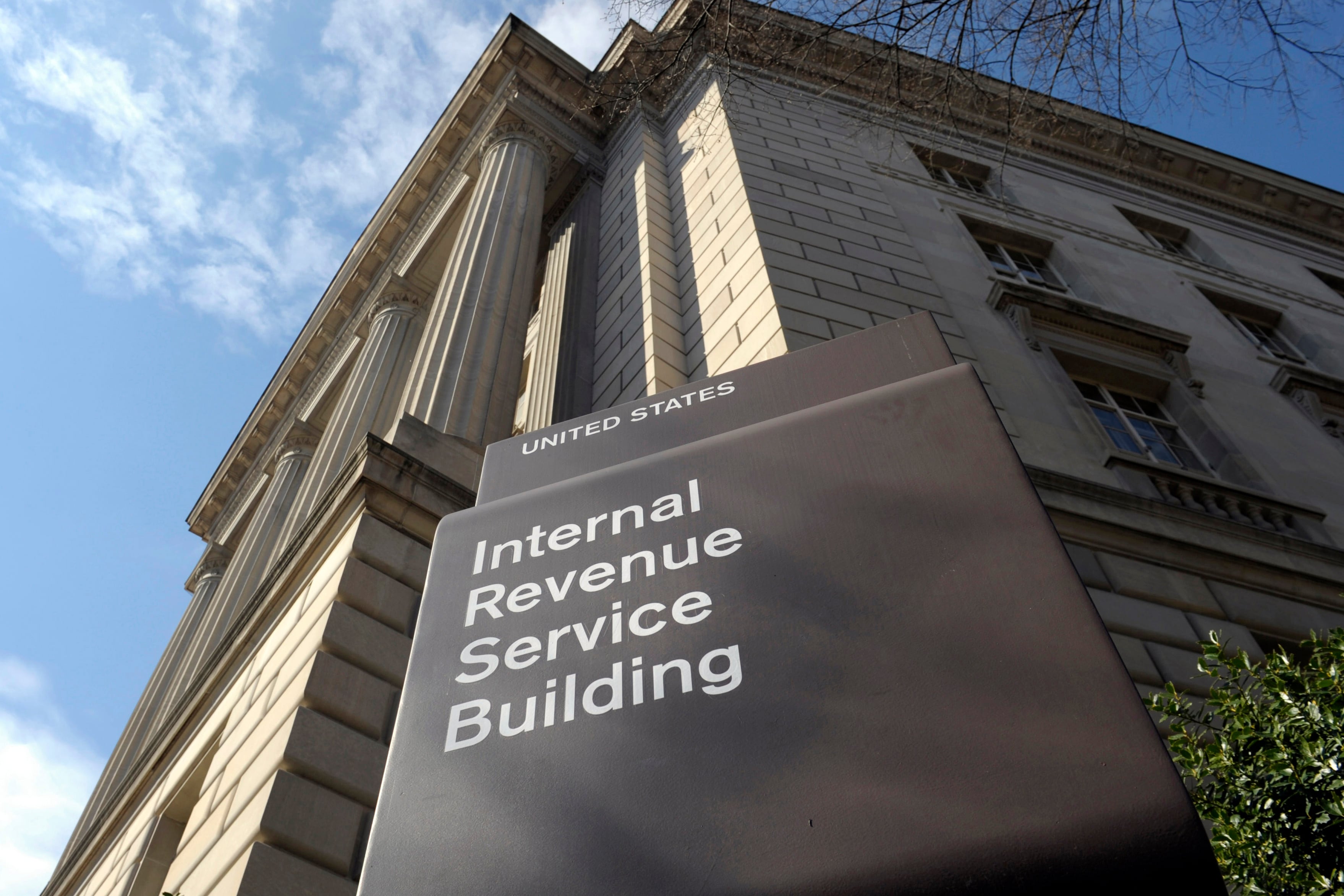By Tom Murphy
Merck is suing the federal government over a plan to negotiate Medicare drug prices, calling the program a sham equivalent to extortion.
The drugmaker is seeking to halt the program, which was laid out in the Inflation Reduction Act and is expected to save taxpayers billions of dollars in the coming years.
Merck said in a complaint filed Tuesday that the program does not involve genuine negotiation. Instead, it said the U.S. Department of Health and Human Services selects drugs to be included and then dictates the price, threatening drugmakers with “a ruinous daily excise tax” if they decline to agree.
“It is tantamount to extortion,” the drugmaker said in the complaint, which was filed in the U.S. District Court for the District of Columbia.
The Rahway, New Jersey-based drugmaker added that it expects its diabetes treatment Januvia to be part of “the IRA’s scheme” starting later this year.
Health and Human Services Secretary Xavier Becerra said in a prepared statement that they plan to “vigorously defend” the drug price negotiation plan.
“The law is on our side,” he said.
The lawsuit names Becerra as a defendant as well as his department and Chiquita Brooks-LaSure, administrator of the Centers for Medicare and Medicaid Services.
Merck said in the complaint that the plan laid out in the IRA suggests that federal officials will sit down with drugmakers and negotiate voluntary price agreements.
But the drugmaker said the program doesn’t involve actual negotiations or agreements. It said HHS picks the drugs to be included and then leans on the drugmakers to provide steep discounts under the tax threat.
Merck says the program violates elements of the U.S. Constitution like the Fifth Amendment’s requirement that the government pays “’just compensation’ if it takes ‘property’ for public use,” according to the complaint.
The drugmaker noted that Congress could have simply allowed HHS to state a maximum price it would pay for a drug or use its leverage to negotiate, but that would have enabled drugmakers to walk away from talks.
Instead, Merck said the government uses the threat of severe penalties to requisition drugs and refuses to pay fair value, forcing drugmakers “to smile, play along, and pretend it is all part of a ‘fair’ and voluntary exchange.”
“This is political Kabuki theater,” the complaint states, noting that allowing drugmakers to walk away from negotiations risks angering Medicare beneficiaries who might not be able to get their medications.
Medicare is the federally funded coverage program mainly for people who are age 65 and older.
Republican lawmakers also have criticized President Joe Biden’s administration over the plan, noting that it could compel drugmakers to pull back on introducing new drugs that could be subjected to haggling.
The federal government is expected to soon release rules for negotiating drug prices and then will publish in September a list of 10 drugs that it will start price negotiations on next year.
The plan marks the first time ever that the federal government will bargain directly with drug companies over the price they charge for some of Medicare’s costliest drugs. Currently, drug companies tell Medicare how much a prescription costs, leaving the federal government and Medicare beneficiaries to pay up.
Negotiated prices won’t take hold until 2026.
Associated Press writer Amanda Seitz contributed to this report.













